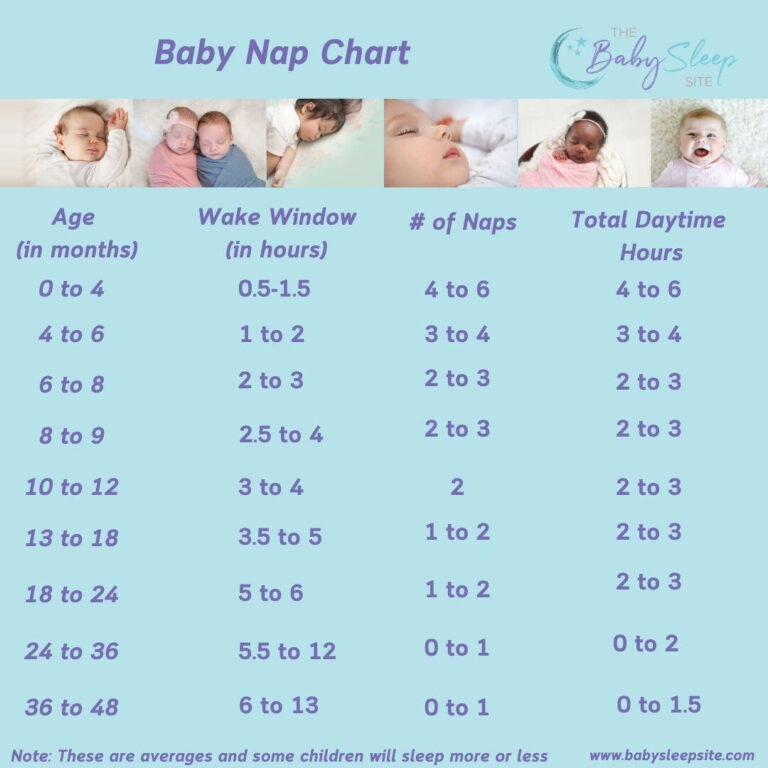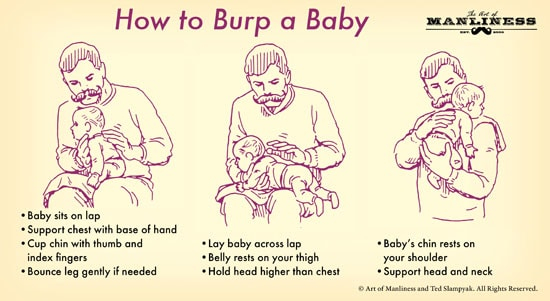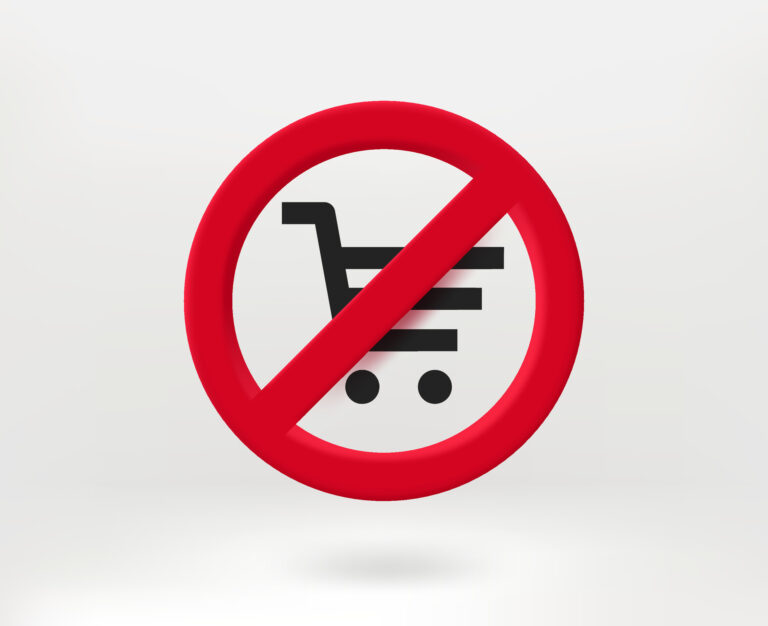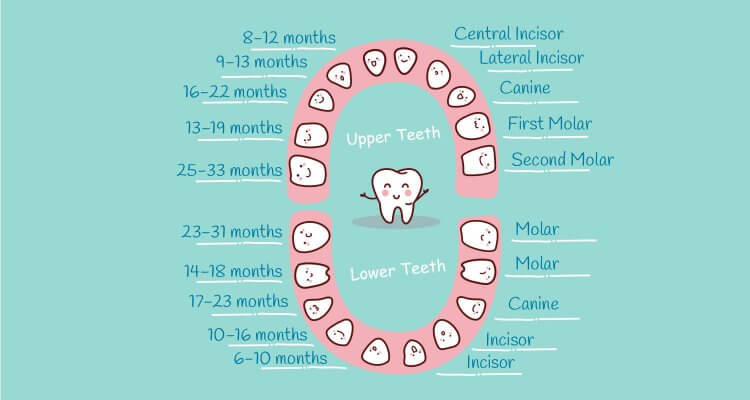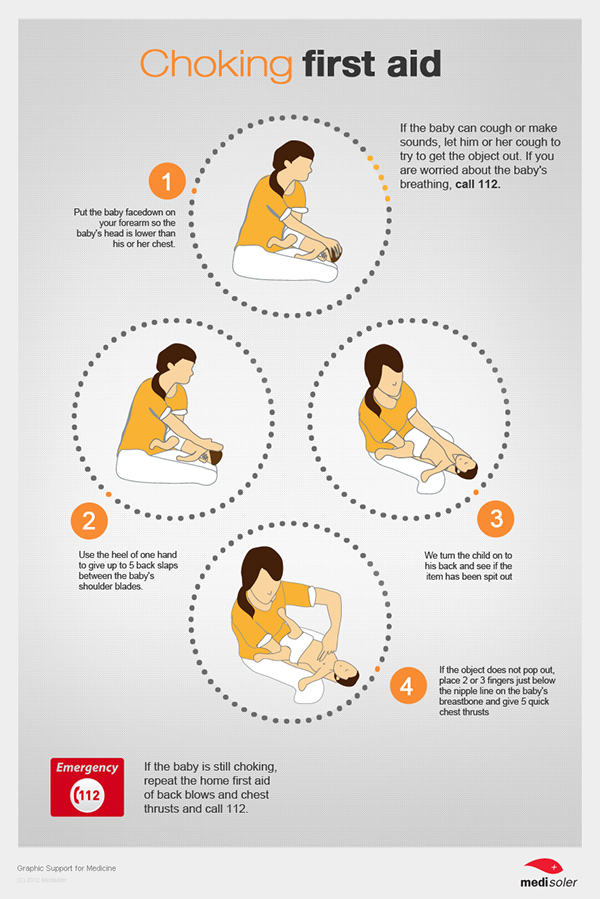How To Tell If Baby Has Sore Throat
As a parent, it can be concerning when your baby is not feeling well. One common issue that babies may experience is a sore throat. It can be challenging to determine if your little one is suffering from a sore throat, especially since they cannot vocalize their discomfort. In this article, we will discuss the signs and symptoms of a sore throat in babies, as well as how you can provide them with relief.
Knowledge
When it comes to identifying a sore throat in babies, there are a few key signs to look out for. One of the most common symptoms is a hoarse or muffled cry. If your baby’s cry sounds different than usual, it could be a sign that their throat is sore. Additionally, you may notice that your baby is having difficulty swallowing, which can manifest as excessive drooling or refusing to eat or drink.
Another indicator of a sore throat in babies is a persistent cough. If your baby has a cough that does not seem to go away or is accompanied by a fever, it is essential to monitor them closely. Additionally, you may observe that your baby is more irritable than usual or is having trouble sleeping due to their discomfort.
It is important to note that babies with sore throats may also exhibit other symptoms, such as a runny nose, sneezing, or a slight fever. While these symptoms are not exclusive to a sore throat, they can help you narrow down the cause of your baby’s discomfort.
If you suspect that your baby has a sore throat, it is crucial to consult with their pediatrician. A healthcare professional will be able to conduct a thorough examination and provide you with a proper diagnosis. In some cases, your baby may require medication to alleviate their symptoms, while in other instances, home remedies such as humidifiers or warm fluids may be sufficient.
Conclusion
In conclusion, being able to identify a sore throat in your baby is essential for their well-being. By paying attention to the signs and symptoms mentioned in this article, you can take the necessary steps to ensure that your little one receives the care they need. Remember, always consult with your pediatrician if you have any concerns about your baby’s health.
As a parent or caregiver, it is crucial to be vigilant and proactive when it comes to your baby’s health. By staying informed and attentive to your baby’s needs, you can provide them with the support they require to overcome any health challenges they may face.

